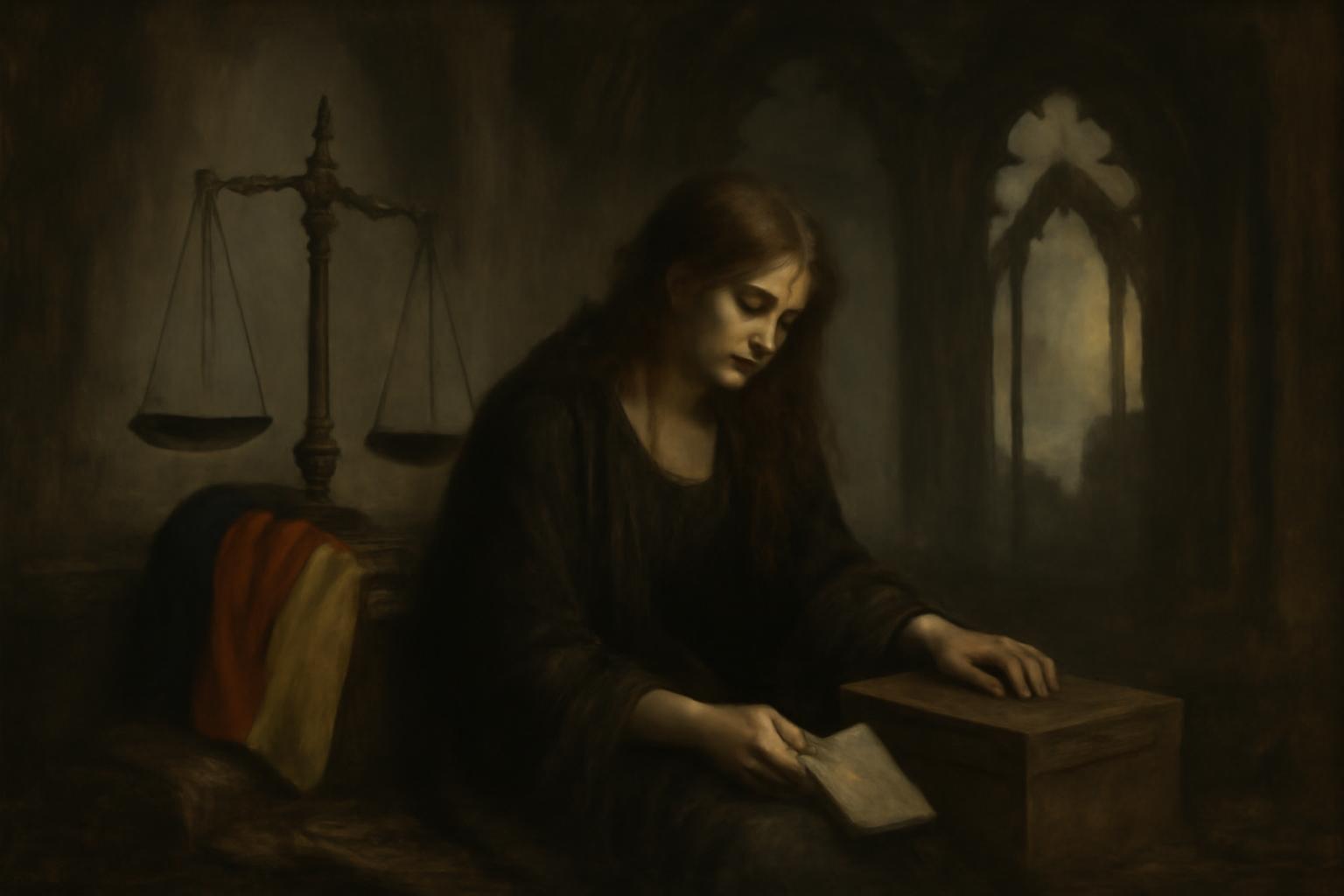Once again, the custodians of Germany’s parliamentary temple find themselves adrift upon the Styx of perpetual reform. Julia Klöckner, their presiding voice, calls for yet another unmoored reconfiguration of the electoral law—a desperate suture on the wounded Leviathan that is the Bundestag. The ink from the last reform, so recently spilled, has not yet dried upon the scrolls of legislation, yet now, unease and dubious legitimacy percolate through the corridors of power. The grand promise of a streamlined assembly—reduced from a baroque 735 to a more monastic 630—has, in its haste, engineered new pathologies: scores of triumphant constituency victors cast into legislative oblivion, their wards left voiceless, the democratic alchemy inverted so representation itself decays into shadow.
So, in place of vision, we are offered the tedium of commissions, proposals, and procedural labyrinths, a twilight procession of committees destined, perhaps, to gild the tomb further yet not recover the body. The classical Germans, who once looked to the tragic wisdom of Sophocles, to the clarion certainty of the first vote—a logos both binding and ennobling—now preside over a system where the very meaning of “victory” is unanchored, and where triumph is punished with silence. A democratic drama, but one stripped of catharsis and grandeur, trapped in an eternal cycle of reforms that fail to grasp the essence.
Had Nietzsche borne witness, he would have seen in this spectacle the eternal recurrence of mediocrity, the European spirit bereft not just of faith, but of the tragic dignity found in self-overcoming. The polis is no more; in its place, a bureaucracy, untethered from the Dionysian fire that once summoned men to meaning. The apollonian mechanisms, so praised in earlier ages, now tick with mechanical indifference, allowing power and voice to slip from those who ought to possess them, in a manner neither just nor beautiful.
In the failure to secure even representation, we encounter the most profound pessimism of all: that Reason, once the sacred altar of Western civilization, gnaws upon itself, eroding the possibility of community. A world that cannot give meaning to the very act of choosing its representatives has condemned itself to the fate of Oedipus—blind, exiled, and alone. The decline is not in the number of seats or in the administrative details, but in the very capacity to will what is great, tragic, and whole.
